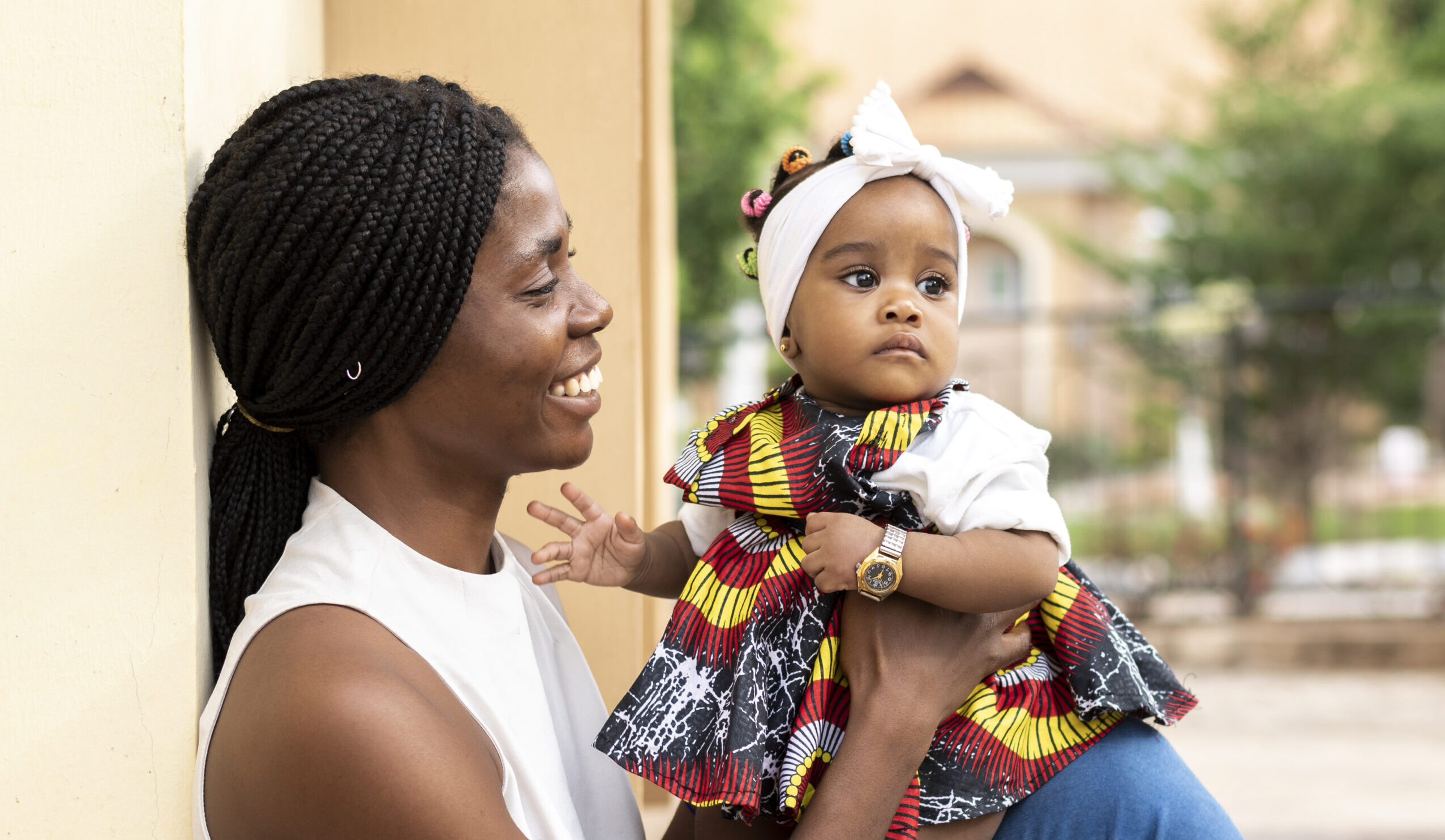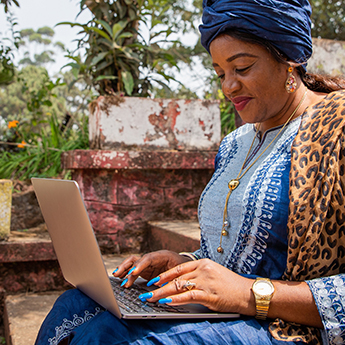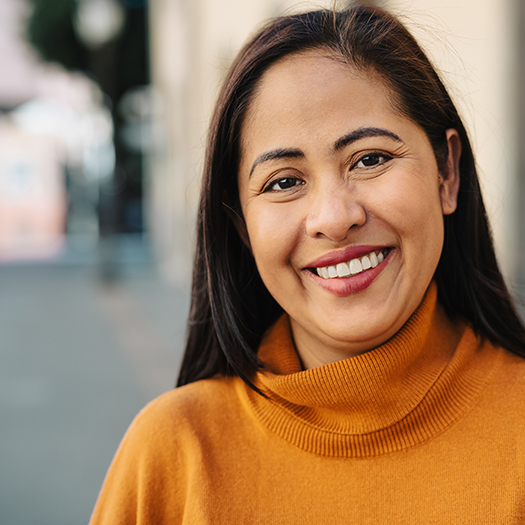Category: FP2030 Updates
Healthy women and children at the centre of the Sustainable Development Goals
Informed Choice: One Text Message at a Time
Today, more Mozambicans are using mobile phones than ever before. What if we could use these phones to share accurate, clear information about sexual health contraceptives with youth? Could we deliver this information in a creative way that fosters reflection and dialogue, ensuring young people have full and informed choice? Yes. Here’s proof.
Empowerment: Women in Ghana Take Charge of their Reproductive Lives
Rahinatu is 18 years old and works in one of Accra’s busiest markets. She has travelled down to Accra from Northern Ghana to work as a kayayei (market porter), hoping to save enough money to buy the household goods and utensils she’ll need before she can get married. She has worked in the markets for six months, but life as a kayayei is desperately hard. Women and girls like Rahinatu sleep rough in market stall doorways or in abandoned boxes, and are highly vulnerable to sexual harassment and rape.
Acceptability: Listening to What Women Want
Accessibility: Breaking Down the Barriers between Women and Family Planning
Availability: Keeping Contraceptives on the Shelves in Senegal
A 2011 public health survey in Senegal revealed a startling discrepancy: 43 percent of married Senegalese women told researchers that they wanted to avoid or postpone pregnancy. Yet only 12 percent of women were actually using contraception.
Agency and Autonomy: Reaching Quake Survivors in Nepal with Lifesaving Reproductive Care
On April 25, 2015, Nepal was struck by its worst earthquake in nearly a century. Measuring 7.8 on the Richter scale, the quake destroyed nearly 600,000 and damaged almost 300,000 homes, and displaced some 2.8 million people. More than 8,800 people were killed; tens of thousands were injured. Powerful aftershocks have compounded the devastation.








